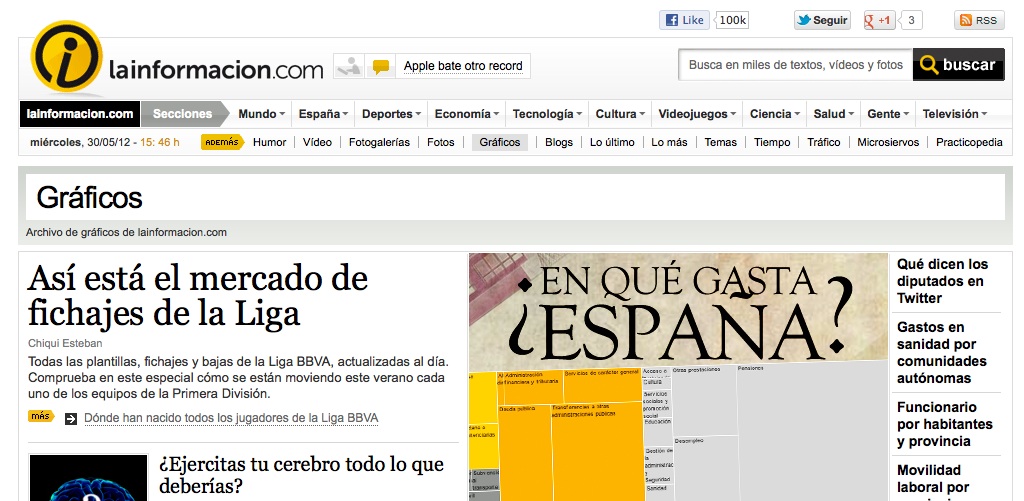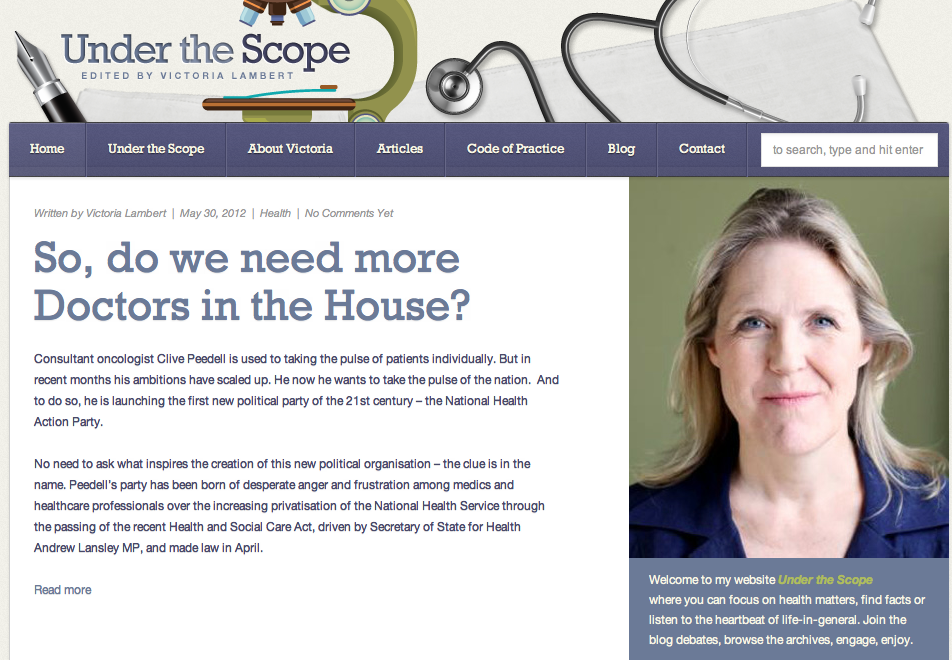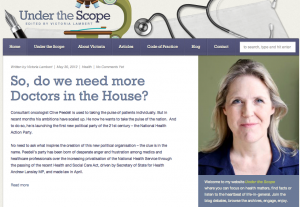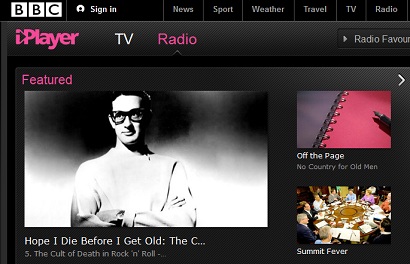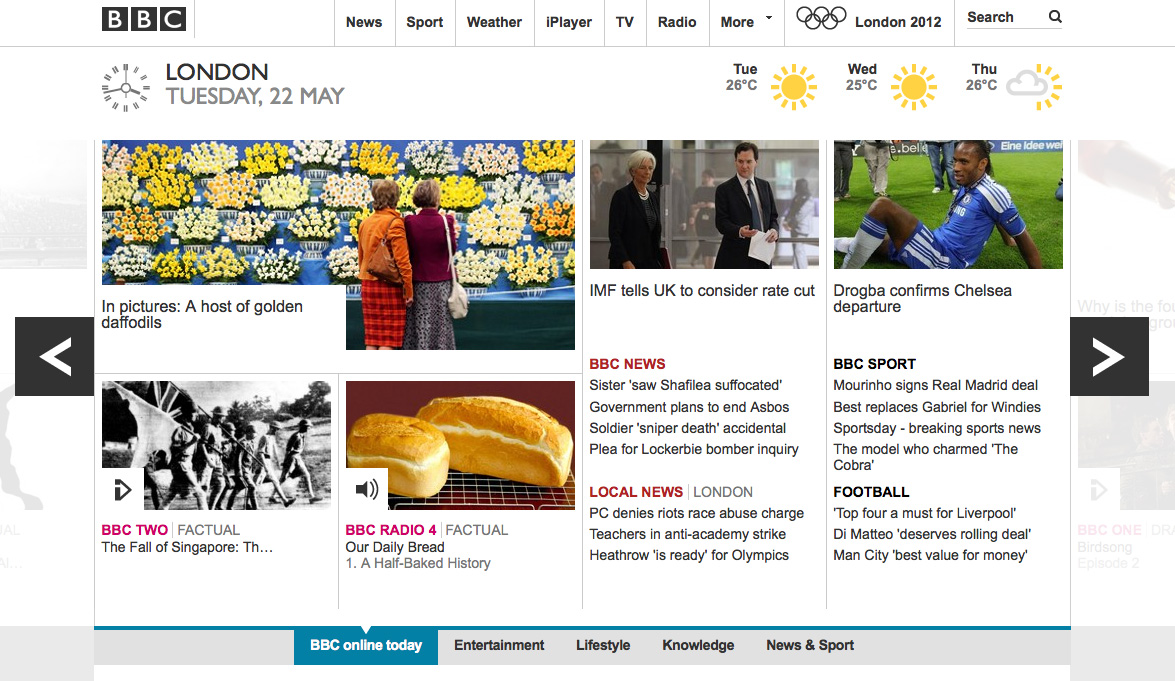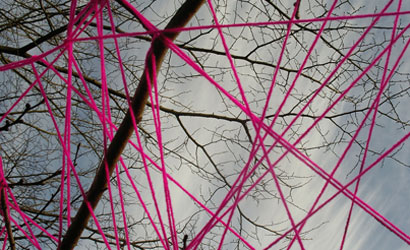The founding editor of a successful French participatory news website has urged journalists to do more to find and train people to tell their stories – and says “bloggers are not especially the most interesting people to be heard”.
Social media consultant Benoît Raphael set up LePost.fr in 2007 – a sister site for Le Monde newspaper which became part of the Huffington Post network earlier this year. He has since gone on to oversee the launch of a new citizen news site for Le Nouvel Observateur called Le Plus.
He said the thinking behind both sites was “the conviction that a lot of voices can’t be heard because people do not have time”.
We thought it was the mission of the journalist to find these voices.
Raphael remembered when Le Post launched:
Back then people were already saying that citizen participation was crap – but we proved that it was not just about giving a mic to people and saying express yourself.
Le Post had a team of 10 journalists curating stories and attracted 3.2 million unique visitors a month by 2010.
Speaking at the News World Summit in Paris today, Raphael said:
It was not about having a team of bloggers – bloggers are not especially the most interesting people to be heard. They are just people with time to write, but the most interesting people might be hidden – they don’t have a blog. Most of the time they don’t have the time, the energy or the vocabulary to express themselves.
At Le Plus, a small team of six journalists and a community manager help members of the public write stories. Raphael said the site attracted 1.4 million visitors a month, with more than 10 per cent of traffic coming from Facebook and Twitter.
Raphael said:
Go to your participants, train them, meet them in person when you can, invite them into the world of news by organising events and meetings.
It’s about working as journalists with your contributors and that’s the key of success.
He also urged news groups not to try mimicking the role of social networks:
Please don’t try to be Facebook or Twitter. I’ve heard media saying we are going to be the Facebook of news. The problem is that media are not social networks – they are media. Instead of trying to be social networks, you are better using social networks as a collaborative tool.
Update: Sharon Moshavi, vice president of new initiatives at the International Center for Journalists in Washington DC, agreed with in a later session at the News World Summit.
She said:
It’s interesting – we worked with bloggers (on a project in Malaysia) and they were the worst people to work with. They were not interested in journalism. They wanted to get their opinion out and scream as loud as possible.

